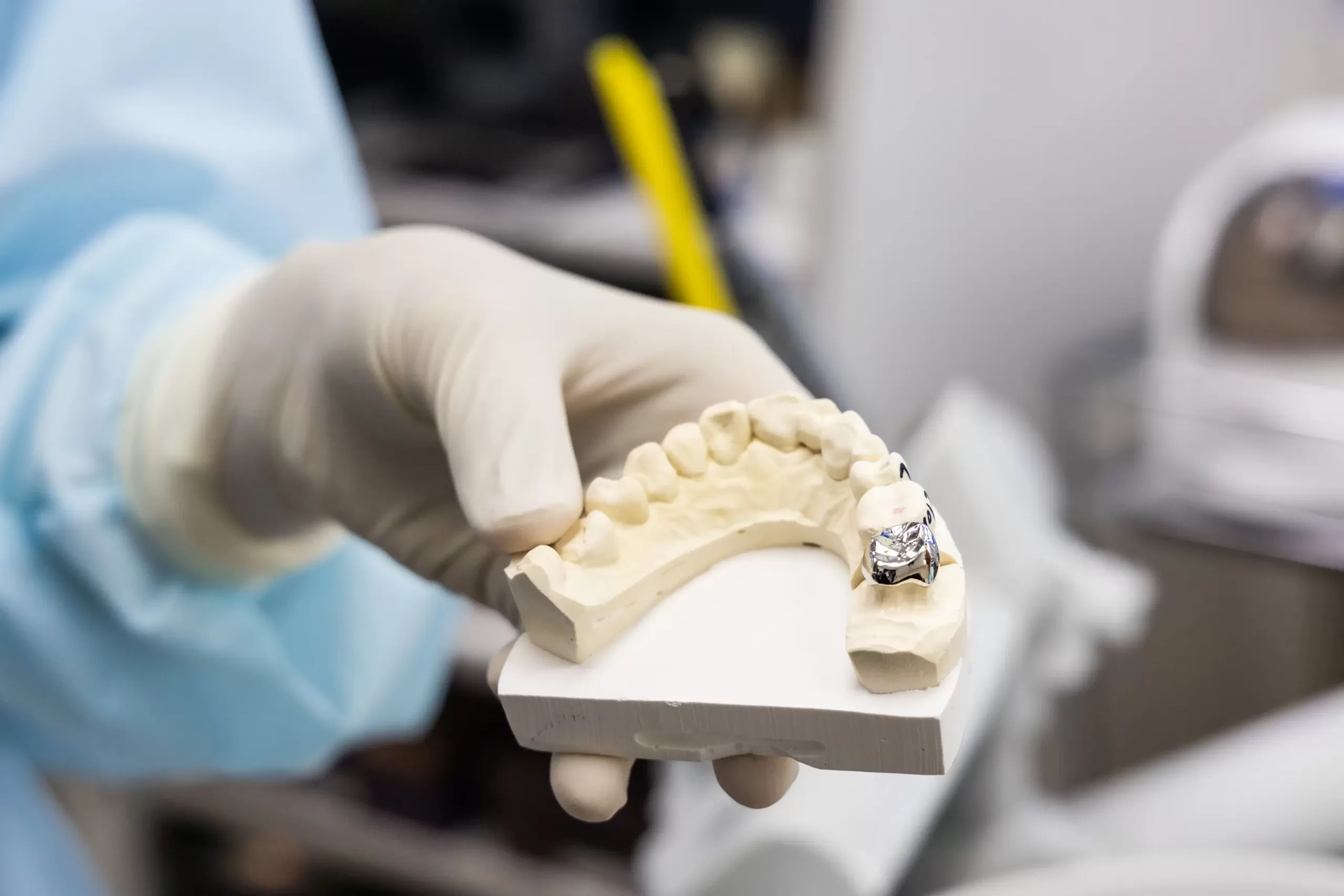Molar dental health is often overlooked when it comes to oral hygiene, but it’s an essential part of maintaining overall dental health. The molars are the large teeth at the back of your mouth that are responsible for grinding and crushing food as you chew. These teeth are vital to your digestive system and help break down food into smaller particles that can be more easily digested. In this blog post, we’ll discuss the importance of molar dental health and provide tips on how to maintain it.
The function of molars
The molars are the teeth in the back of the mouth that are used for chewing and grinding food. These teeth are essential for breaking down food into small particles, which can be more easily digested by the rest of the digestive system. They are also responsible for proper jaw alignment and provide support for the surrounding teeth. Without the proper alignment and support, our teeth can shift and cause problems like overcrowding.
Common problems with molars
Molars are susceptible to dental problems such as cavities, gum disease, cracks, and fractures. It’s essential to address these problems as soon as possible, as they can lead to more severe issues like infections and tooth loss. Difficulty chewing, sensitivity to hot or cold temperatures, and pain or swelling in the gums are all signs that your molars may be experiencing problems.
How to maintain molar dental health
Maintaining molar dental health involves taking care of your oral hygiene and diet. Brushing twice a day, flossing regularly, and using mouthwash can go a long way in preventing cavities and gum disease. Eating a balanced diet that includes whole foods, fruits, and vegetables can also help keep your molars healthy. Avoiding sugary and acidic foods can prevent tooth decay and erosion of the enamel.
Molar care at the dentist
Regular dental checkups are an essential part of maintaining molar dental health. Your dentist will perform a thorough examination of your teeth and gums, including your molars, to check for any signs of dental problems. The dentist may recommend additional preventive measures such as sealants or fluoride treatments to help prevent cavities and promote overall dental health.
Treatment options
If there are any issues with your molars, there are several treatment options available depending on the severity of the problem. Fillings can be used to address cavities, while root canal therapy may be necessary for more severe cases of decay or infection. Crowns and bridges can be used to repair or replace molars that are broken or missing. In more severe cases, extraction may be necessary.
In conclusion, molar dental health is critical to maintaining overall dental health. These teeth are responsible for proper jaw alignment, breaking down food, and support surrounding teeth. Taking proper care of your molar dental health involves regular dental checkups, diet and oral hygiene practices, and prompt treatment when issues arise. By taking care of your molars, you’ll be able to maintain healthy teeth and gums for a lifetime.
Disclaimer: The content on this blog is intended for general informational purposes only. It is not a substitute for professional medical advice, diagnosis, or treatment. Always consult qualified healthcare providers for personalized advice. Information regarding plastic surgery, dental treatment, hair transplant, and other medical procedures is educational and not a guarantee of results. We do not assume liability for actions taken based on blog content. Medical knowledge evolves; verify information and consult professionals. External links do not imply endorsement. By using this blog, you agree to these terms.










